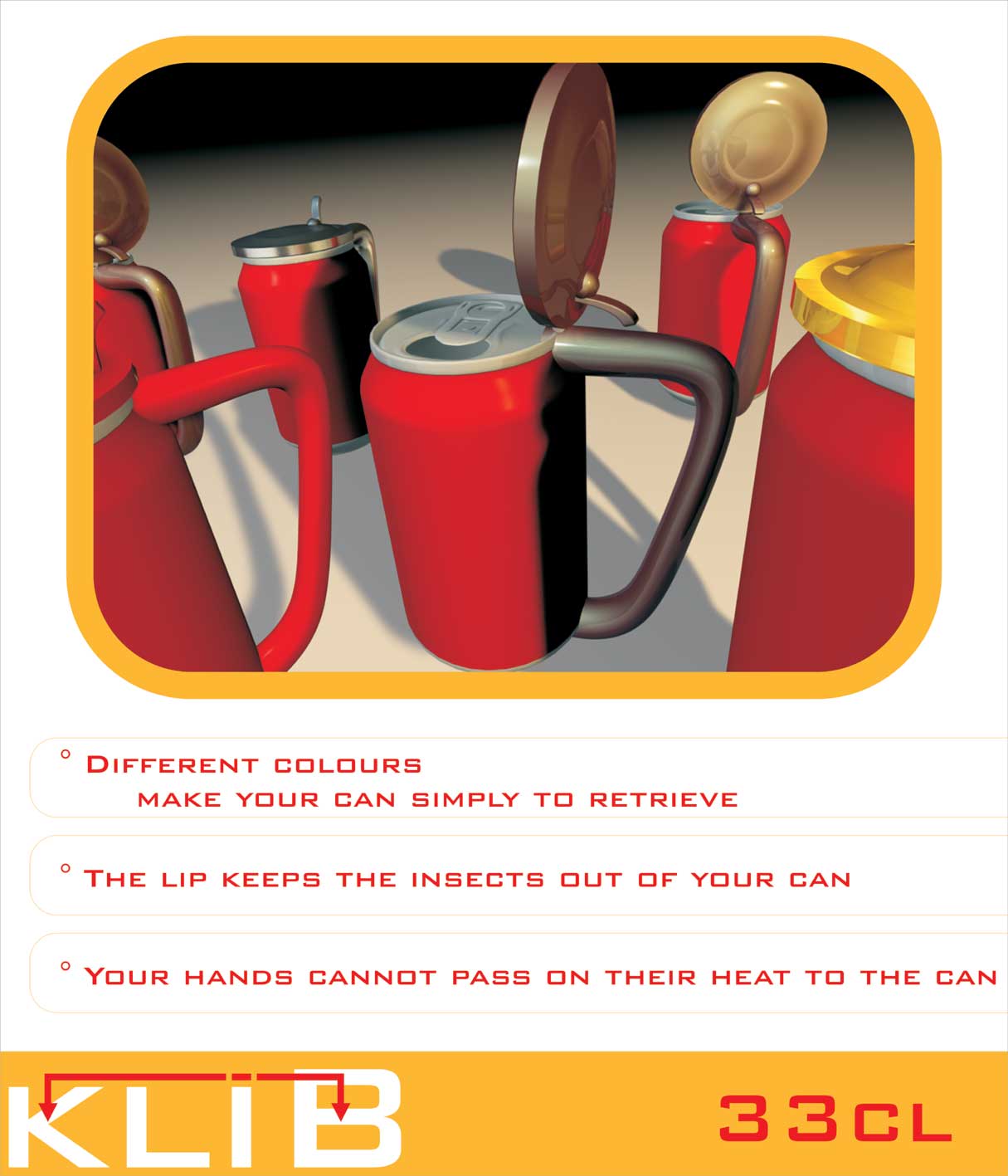

In this example, all values passed to the C API new_menu() have a lifetime of the innermost memScope it belongs to. Menu = new_menu("Menu".cstr.ptr, items.toCValues().ptr) For structs (and typedefs to structs) this representation is the main one and has the same name as the struct itself, for Kotlin enums it is named $ Think C++ references, as a similar concept. someStructInstance.field1.Īlso, any C type has the Kotlin type representing the lvalue of this type, i.e., the value located in memory rather than a simple immutable self-contained value. Structs and unions are mapped to types having fields available via the dot notation, i.e. Pointers and arrays are mapped to CPointer?.Įnums can be mapped to either Kotlin enum or integral values, depending on heuristics and the definition file hints. Signed, unsigned integral, and floating point types are mapped to their Kotlin counterpart with the same width. Bindings Basic interop typesĪll the supported C types have corresponding representations in Kotlin: When using such klib in your program, the library is linked automatically. When given the above snippet the cinterop tool will search libfoo.a in /opt/local/lib and /usr/local/opt/curl/lib, and if it is found include the library binary into klib. LibraryPaths = /opt/local/lib /usr/local/opt/curl/lib So if the library is usually included with #include, it would probably be correct to filter headers with the following filter: The globs are applied to the header paths relative to the appropriate include path elements, for example, time.h or curl/curl.h. If the included header matches any of the globs, the declarations are included in the bindings. To include declarations from headers, use the headerFilter property. They are treated as a space-separated list of globs. It is possible to filter headers by globs using filter properties from the. The separate declarations from other headers can also be imported in case of direct dependencies. def file which of the included headers are to be imported. This behavior is correct but it can be very inconvenient for some libraries. So all header dependencies are included in generated stubs as well. When library headers are imported to a C program with the #include directive, all of the headers included by these headers are also included in the program. The output of a config script with -libs will be passed as a -linkedArgs kotlinc flag value (quoted) when compiling. Note that the generated bindings are generally platform-specific, so if you are developing for multiple targets, the bindings need to be regenerated.Īfter the generation of bindings, they can be used by the IDE as a proxy view of the native library.įor a typical Unix library with a config script, the compilerOpts will likely contain the output of a config script with the -cflags flag (maybe without exact paths). If the behavior for a certain platform needs to be modified, you can use a format like compilerOpts.osx or compilerOpts.linux to provide platform-specific values to the options.
#.klib fike code#
This command will produce a png.klib compiled library and png-build/kotlin directory containing Kotlin source code for the library.
#.klib fike install#
Install libgit2 and prepare stubs for the git library:Ĭinterop -def png.def -compiler-option -I/usr/local/include -o png
#.klib fike windows#
For example, POSIX on Linux/macOS platforms, Win32 on Windows platform, or Apple frameworks on macOS/iOS are available this way. Note that in many cases there's no need to use custom interoperability library creation mechanisms described below, as for APIs available on the platform standardized bindings called platform libraries could be used. Interoperability with Swift/Objective-C is provided too and covered in Objective-C interop. The generated stubs can be imported into an IDE for the purpose of code completion and navigation. The interoperability tool analyses C headers and produces a "natural" mapping of the types, functions, and constants into the Kotlin world. Run the Kotlin/Native compiler on an application to produce the final executable. Use the cinterop tool to produce Kotlin bindings. def file describing what to include into bindings. The following workflow is expected when interacting with the native library:Ĭreate a. So Kotlin/Native comes with a cinterop tool, which can be used to quickly generate everything needed to interact with an external library.

In the case of a native platform, the most important interoperability target is a C library.
#.klib fike software#
Kotlin/Native follows the general tradition of Kotlin to provide excellent existing platform software interoperability.


 0 kommentar(er)
0 kommentar(er)
